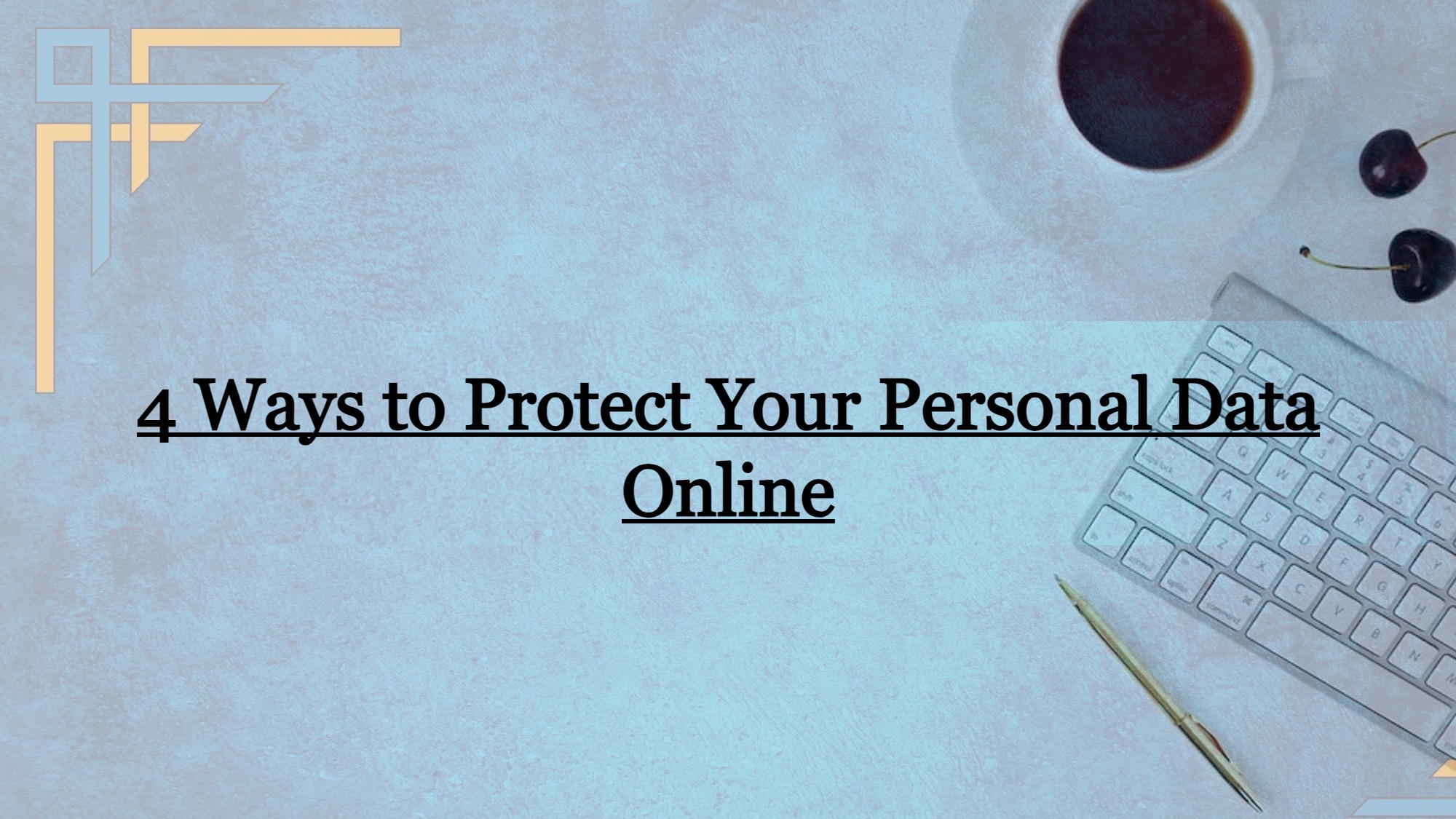We are becoming more connected online and becoming dependent and reliant on technology in our daily lives. However, the Internet is a vast world with its own vulnerabilities and crimes, which is why 85% of people want to do more to protect their data online.
If you suspect your data has already been breached and spread online, you can utilize services such as DeleteMe. According to a DeleteMe review, this service scans for your data on the internet and, through compliance with licensing and privacy laws, works to delete your information. Here are four ways to protect your data online to keep it secure.
- Use a Strong Password
Using strong and unique passwords is vital for safeguarding your personal information from identity theft and cyberattacks, as your sensitive data is stored in your email account, including financial details, addresses, and even your social security number. Instead of struggling to remember dozens of different passwords, consider exploring solutions like Securden which is one of the best password managers. It will securely store your passwords and simplify the task of maintaining strong and distinct passwords across your numerous online accounts.
Implementing two-factor authentication (2FA) also provides an additional layer of security that can protect you even if your password is compromised in a phishing attempt. Here, you’re asked for another code sent to your mobile phone whenever you or someone else attempts to log into your account.
It’s also essential to configure your devices to automatically lock when not in use, as hackers can exploit vulnerabilities if your device doesn’t lock itself. If your device has rapid biometric authentication like fingerprint scanning or facial recognition, consider setting the lock time to immediately.
Secure your wireless network as well, as your router holds your sensitive data, including passwords and financial information. If someone with your Wi-Fi password has malicious intentions, they could attempt to steal this valuable information. Ensure your internet is secure by using encryption and making it invisible to outsiders. To hide your network, configure your router not to broadcast its name, known as the Service Set Identifier (SSID).
Get exclusive access to all things tech-savvy, and be the first to receive
the latest updates directly in your inbox.
- Make Your Social Media More Secure
You don’t necessarily need to delete your social media accounts to enhance online privacy; instead, consider adjusting the privacy settings on the online platforms you use regularly. Hackers can also use location tracking to find your location, so it’s best to turn off automatic geolocation data on your social media posts, photos, and comments.
Additionally, avoid interacting with public accounts for privacy, as your “likes” and comments on others’ posts are also usually public. Profile pictures, names, and comments on other posts often appear in search results, even for private accounts.
- Avoid Sharing Your Data on Apps and Services
To enhance your protection against online scams, you must minimize the information you share. All social media platforms and apps gather data about your identity, interests, and online activities. The combination of these shares and data points forms your digital footprint, which scammers can exploit to access your sensitive data. To avoid your data from spreading online, minimize the information you share on your profiles and avoid disclosing optional details like middle names or phone numbers.
Email addresses are frequently sold or circulated on the Dark Web, potentially falling into the wrong hands, so consider creating a disposable email solely for subscriptions. The more individuals who have access to your data, the greater the risk of it being leaked or compromised, so restrict access to collaborative folders, albums, or playlists as well.
- Use Privacy Protection Apps and Browsers
Utilizing a VPN is advisable to conceal your online browsing history as your internet service provider (ISP) and web browsers can potentially collect and share your online activities, even if you’re in private or incognito mode.
A virtual private network (VPN) encrypts your internet traffic, rendering your online actions untraceable, protecting your browsing history, and providing security against potential hackers when using public Wi-Fi networks. Use a VPN when giving your banking information during online shopping and not on your home network, especially when accessing public Wi-Fi, as scammers can intercept your data. Additionally, consider using a privacy-focused web browser like Tor, which conceals your location and online history through multiple layers but can result in slower browsing.
Endnote
As we become more connected online, our data becomes more vulnerable. To protect your data online, use a strong password to comfort your accounts and WiFi and use 2-factor authentication. Make your social media more secure by turning off the geolocation tracker and interacting with public profiles on social media. Avoid sharing your data on apps and services like your middle name, and use a disposable email for subscriptions. Use a VPN when you’re using public WiFi to prevent hackers from finding your information.



